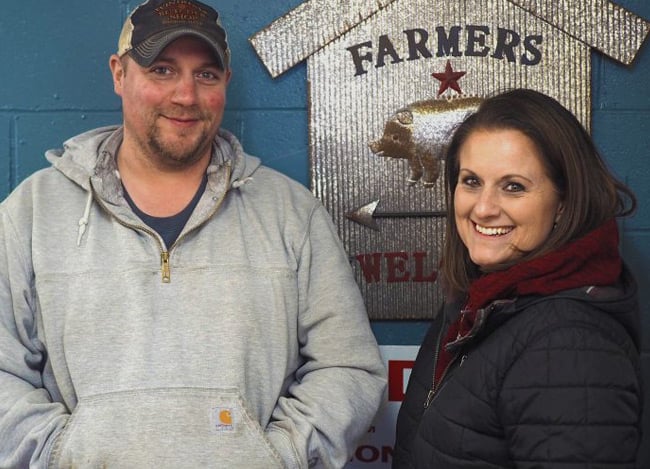

What is a CDFI?
CDFIs See People and Opportunity Where Others See Risk.
CDFIs Provide Opportunity for All
Community development financial institutions (CDFIs) are lenders with a mission to provide fair, responsible financing to rural, urban, Native, and other communities that mainstream finance doesn’t traditionally reach. Where others see risk, we see opportunity.
Unlike traditional banks, we specialize in lending to individuals, organizations, and businesses in under-resourced communities, offering clients financial education, business coaching, and low-interest rate loans that increase economic potential and help build wealth.
CDFI lending leads to small businesses and homeownership, creates living wage jobs, supports the development of schools, grocery stores, and health care centers, finances climate change solutions, and so much more.
CDFIs are Trusted Partners
Over the past 30 years, the CDFI industry has become a critical part of the financial infrastructure. We are trusted partners to the public and private sectors, which invest in CDFIs to drive capital and create impact in all communities.
And CDFIs are smart investments: We leverage every dollar invested eight times to go deeper in our communities, and our net charge off rate is 0.32%.
We are trusted partners to the public and private sectors, which invest in CDFIs to drive capital and create impact in all communities.

CDFIs are Capital Plus
More than capital providers, CDFIs are “Capital Plus.” We tailor loans to fit people not a credit box and offer training, coaching, and support when people need help.

CDFI Multiplier Effect
As borrowers repay their loans, CDFIs recycle money back into the community through new borrowers, multiplying the impact of each dollar on local economies. CDFIs are a proven model to create fair economic opportunity for all.
Types of CDFIs
There are four CDFI structures: community development banks, credit unions, loan funds, and venture capital funds. Although they share a common vision of expanding economic opportunity for all, each has a different business model and legal structure.
Community development banks provide capital to rebuild economically distressed communities through targeted lending and investing. They are for-profit corporations with community representation on their boards of directors. Depending on their individual charter, such banks are regulated by some combination of the Federal Deposit Insurance Corporation (FDIC), the Federal Reserve, the Office of the Comptroller of the Currency, the Office of Thrift Supervision, and state banking agencies. Their deposits are insured by FDIC.
Community development credit unions promote ownership of assets and savings and provide affordable credit and retail financial services to low-income people, often with special outreach to minority communities. They are nonprofit financial cooperatives owned by their members. Credit unions are regulated by the National Credit Union Administration (NCUA), an independent federal agency, by state agencies, or both. In most institutions, deposits are also insured by the National Credit Union Administration (NCUA).
Community development loan funds (CDLFs) provide financing and development services to businesses, organizations, and individuals in low-income communities. There are four main types of loan funds: microenterprise, small business, housing, and community service organizations. Each is defined by the client served, though many loan funds serve more than one type of client in a single institution. CDLFs tend to be nonprofit and governed by boards of directors with community representation.
Community development venture capital funds provide equity and debt-with-equity features for small and medium-sized businesses in distressed communities. They can be either for-profit or nonprofit and include community representation.

Meet the People and Places that Matter to CDFIs
CDFI financing is transformational. In big cities and rural communities, Indian country and border areas, CDFI clients have heart, talent, vision, and grit.
Looking for a CDFI?
CDFIs work in all 50 states, the District of Columbia, U.S. Virgin Islands, and Puerto Rico. Use our CDFI Locator to find a CDFI or take action by Advocating for CDFIs.

